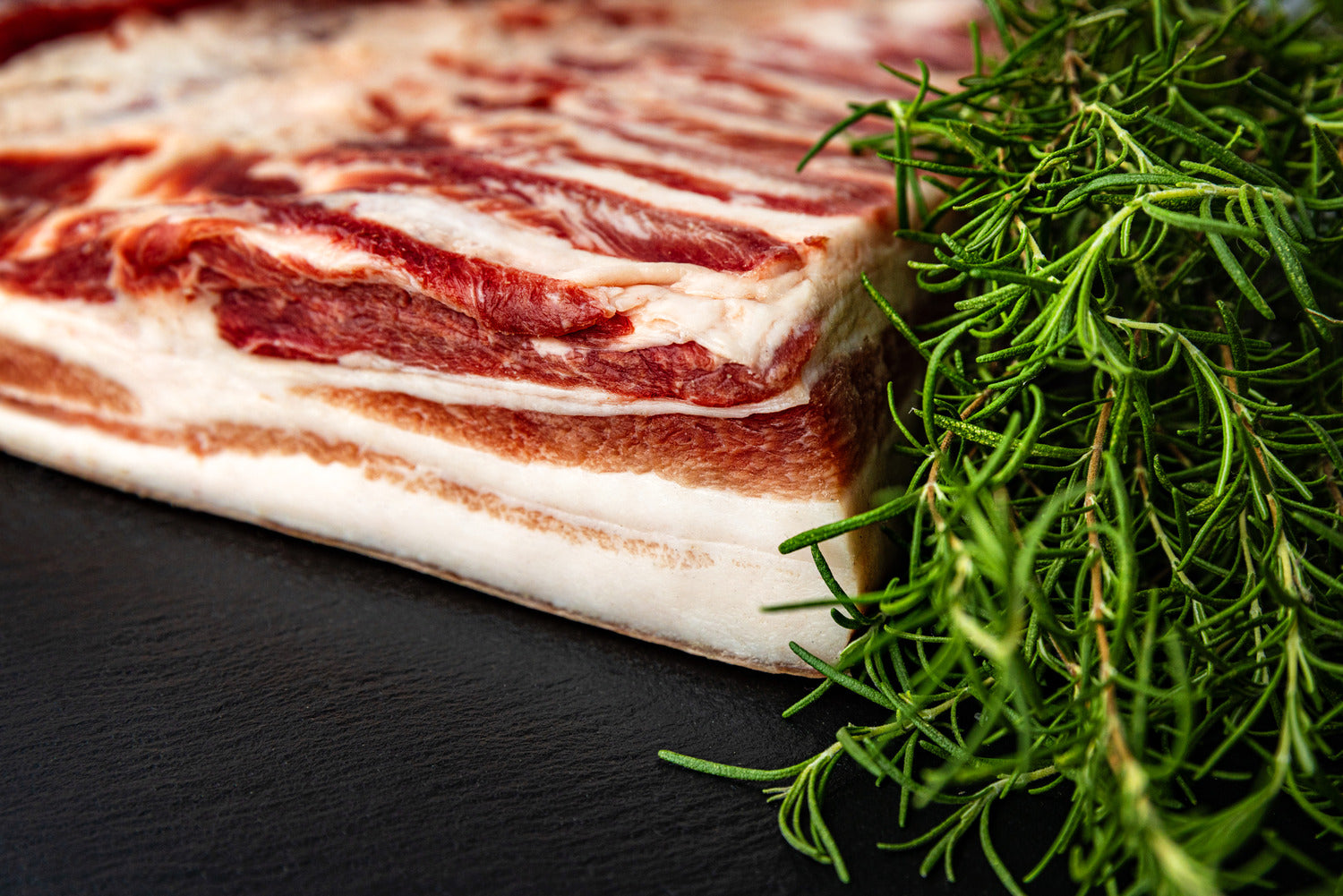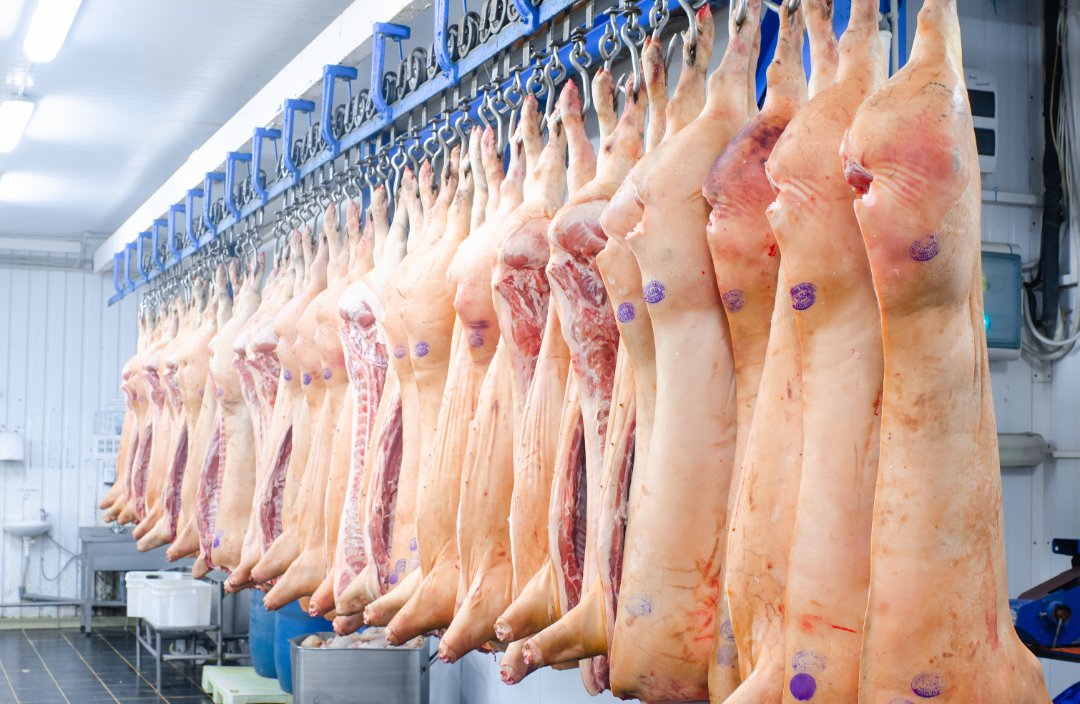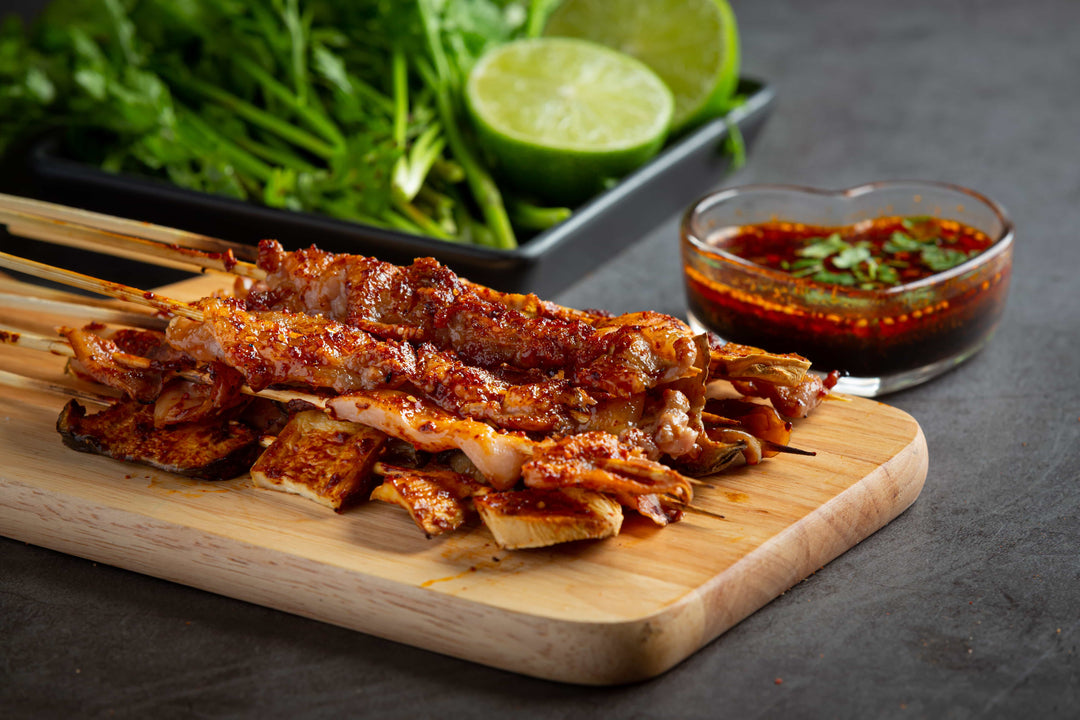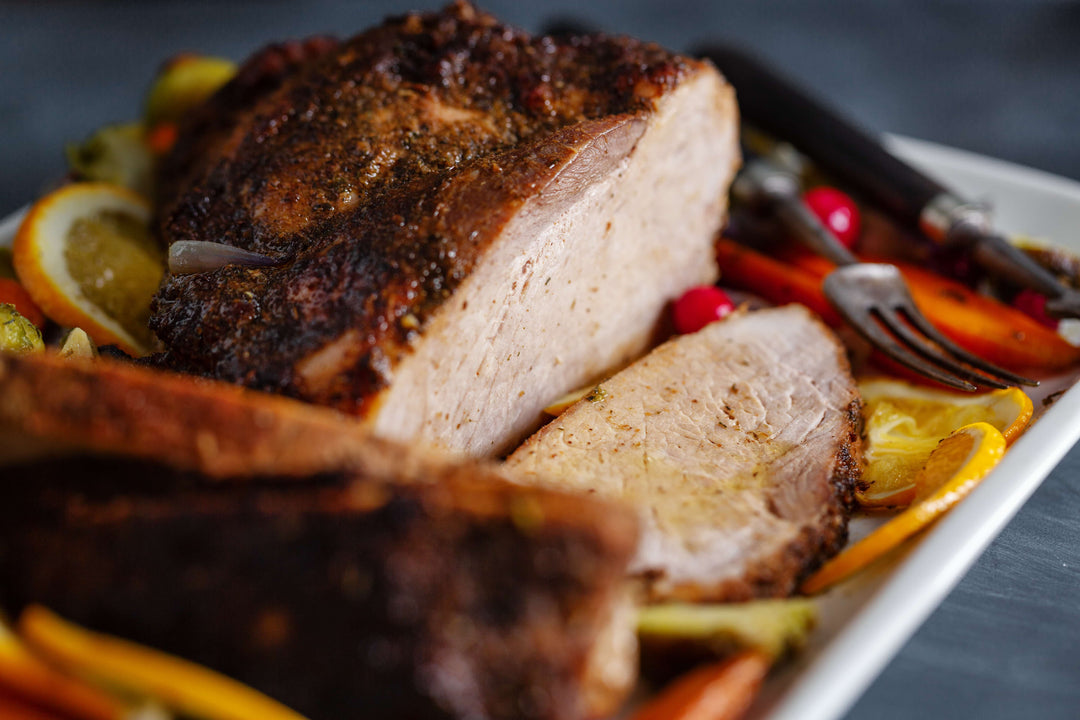Table of Content
- What Is Mindful Eating—Really?
- Health Benefits That Go Far Beyond Nutrition
- The Science Behind the Silence
- How Mindful Eating Reshapes Everyday Food Culture
- Practical Steps for a Mindful Meal
- The Everyday Impact
- Overcoming Challenges
- More Than Food—A Mindful Lifestyle
The table was laid, the plate heaping, and still, she hardly registered the initial bites. Between work alerts and infinite scrolling, the flavors ran together. Then, one unexpected stop. She gazed down, raised her fork, and actually tasted it. Soft, peppered, buttery. For an instant, she was merely there—whole, present, chewing, feeling, living in the process of eating.
That moment? It revolutionized everything.
In a world that never stops, eating mindfully is a subtle rebellion. It's the easy, extreme choice to pay attention—to reclaim food as sustenance, not mere fuel, and mealtime as a ritual pause, not another chore. When we eat intentionally and attentively, we welcome healing. We awaken our senses. We provide our bodies with what they require and our brains with what they desire: presence.
What Is Mindful Eating—Really?
Mindful eating is not a diet. It's not rules, restrictions, or guilt. It's simply eating intentionally, with awareness and appreciation and no judgment. It means sitting down to a meal and being with it, not halfway on the phone or in your head.
This is the opposite of how most of us are used to doing things. Consider eating lunch behind the wheel, supper in front of the television, or breakfast while reading an email. We label it multitasking, but we're losing out. Food becomes ambient noise, and hunger and fullness cues get lost under distraction.
Mindful eating is calling us back. It reminds us to slow down, pay attention, and be present now.
Health Benefits That Go Far Beyond Nutrition
You might anticipate improved digestion or weight management; those advantages are real. But the wave of mindful eating resonates far down the table.
-
Digestion improves: When we eat in a relaxed state and chew more slowly, our parasympathetic nervous system comes into play—the so-called "rest and digest." This isn't figurative language; it's physiology. Eating slowly allows enzymes to break down food better, easing bloating, indigestion, and discomfort.
-
We acquire natural portion control: We learn to stop when satisfied—not stuffed—by listening to our body's hunger and fullness signals. No counting calories. Just faith is restored through attention.
-
Emotional sensitivity increases: Ever grabbed a snack out of boredom or tension? Mindful eating causes us to stop and wonder: "What am I hungry for?" And guess what? Sometimes, it's not food—comfort, connection, or relaxation.
-
Food is made into micro-meditations: One deliberate bite can change your state. Appreciating texture, smell, and taste isn't just fun—it's soothing. Mindful eating provides us with small oases of peace during the day.
The Science Behind the Silence
Jon Kabat-Zinn, the inventor of contemporary mindfulness practice, has defined mindfulness as "paying attention in a particular way: on purpose, in the present moment, and nonjudgmentally." This model is directly applicable to eating.
Scientists have started to document what many of us already sense from within. Studies have found that mindful protein eating habits decrease tendencies towards binge eating, emotional eating, and chronic stress. Mindful eaters enjoy food more while consuming less of it—not because they're dieting, but because they're satisfied.
From blood sugar regulation to improved gut-brain communication, science validates what our bodies have been telling us for a long time: slowing down works.
How Mindful Eating Reshapes Everyday Food Culture
It's simple to use meals as checkpoints throughout the day.
-
Breakfast: Check.
-
Lunch: Shove in during meetings.
-
Dinner: Whatever is quick.
But when we eat with awareness, even the most mundane meal is an opportunity for connection—connection with our body, values, and origin of food.
You start to taste the scorch on a roasted pepper. The richness of slow-cooked beans. The richness of flavor in grass-fed beef or heritage whole pork. You begin wondering who planted your carrots or which pasture your steak grazed on. Appreciation grows—not just for the food, but for the hands and land that made it possible.
Mindful eating is a gateway habit. Once you are on the plate, you can easily be at the conversation, on the walk, or even at your coffee in the morning. One bite leads to another; before you know it, you're living differently and not eating differently.
Practical Steps for a Mindful Meal
You don't require a retreat or a meditation cushion. You only require willingness. Here's how to begin:
-
Eliminate distractions: Switch off the television. Put the phone away. Give the meal your undivided attention—even for 10 minutes.
-
Engage your senses: Take notice of what your food smells like before you take a bite. Pay attention to the sensations on your tongue. Hear the crunch of a raw vegetable or the crackle coming from a pan.
-
Chew slowly: It's not only for digesting—it's for delight. Savor the tastes. A moment between bites helps your fullness get noticed.
-
Check-in emotionally: Ask: "Am I really hungry? Or am I tired, anxious, bored?" This awareness untangles food from feelings.
-
Thank: Say it out loud or silently within. The moment of thanks makes the experience real. Thank the farmer, the cook, the animal, and the earth.
The Everyday Impact
Small steps create lasting changes. Engaging in mindful protein eating once a day can result in:
-
Better digestion and fewer gut problems.
-
Less overeating as you become attuned to your body's requirements.
-
A deeper connection to food origins. Sourcing from such destinations as Red Field Ranch—where animals are raised on pasture and agriculture is conducted with integrity—is an intuitive extension of thoughtful values.
-
More enjoyment from food. Rather than looking for more, you begin to appreciate it better. A smaller, good-quality serving of steak may be more enjoyable than a large, unmemorable one.
Overcoming Challenges
Of course, this isn't always easy. Life is busy. Meals are social. Here's how to navigate the bumps:
-
Time pressure? Start small. Try just one mindful meal a day. Even breakfast or a snack can be a space for presence.
-
Social settings? You don't need to chew in silence. Simply focus on your first few bites. Bring awareness, even as you chat.
-
Skeptical partner? No need to convince anyone. This isn't about being perfect—it's about exploring. Try it as an experiment. See how it feels.
Mindful eating is forgiving. Miss a meal? Come back next time. Each bite is a new chance.
More Than Food—A Mindful Lifestyle
When we begin to eat mindfully, other shifts naturally follow. We start cooking with more care. We choose ingredients more intentionally—perhaps local, pasture-raised meats or seasonal produce. We waste less, sleep better, and listen more to our bodies and to others.
The ripple effect is real.
So here's an invitation: Let your next bite be mindful. There's no pressure—just a pause. Chew slowly, tastefully, and be there.
It might be a steak seared to perfection, a ripe tomato, or a spoonful of broth. Whatever it is, let it be enough.
Let it be present, let it be nourishment, let it be the beginning of everything. Get your ingredients now from Red Field Ranch.
Frequently Asked Questions
Mindful eating isn’t about restriction—it’s about attention. It’s eating with full presence, savoring each bite, and listening to your body, not rules.
Yes. Slowing down reduces stress on your gut and helps you notice fullness before you overeat—no calorie counting is needed.
Not at all. Just start by putting away your phone and tuning into your meal. Mindful eating is present in practice, not perfection.
Eating with intention makes you naturally care more about where your food comes from. It becomes less about filling up and more about aligning with your values, like choosing pasture-raised, responsibly sourced meat.
Take one bite. Taste it. Then, take a breath before the next. That’s it—that’s the start.




















